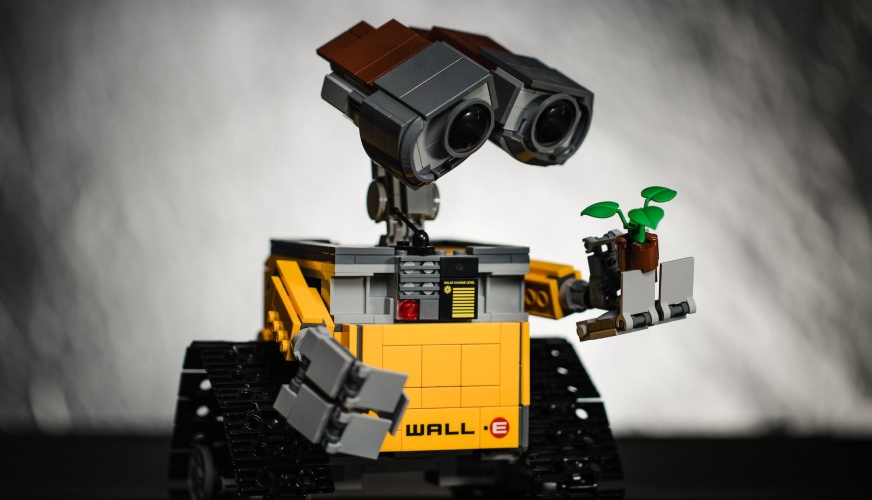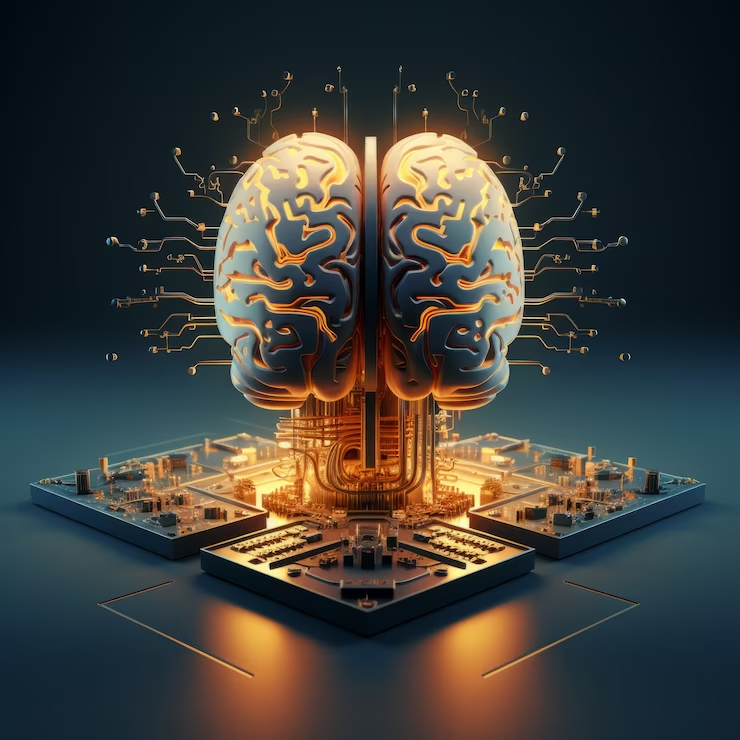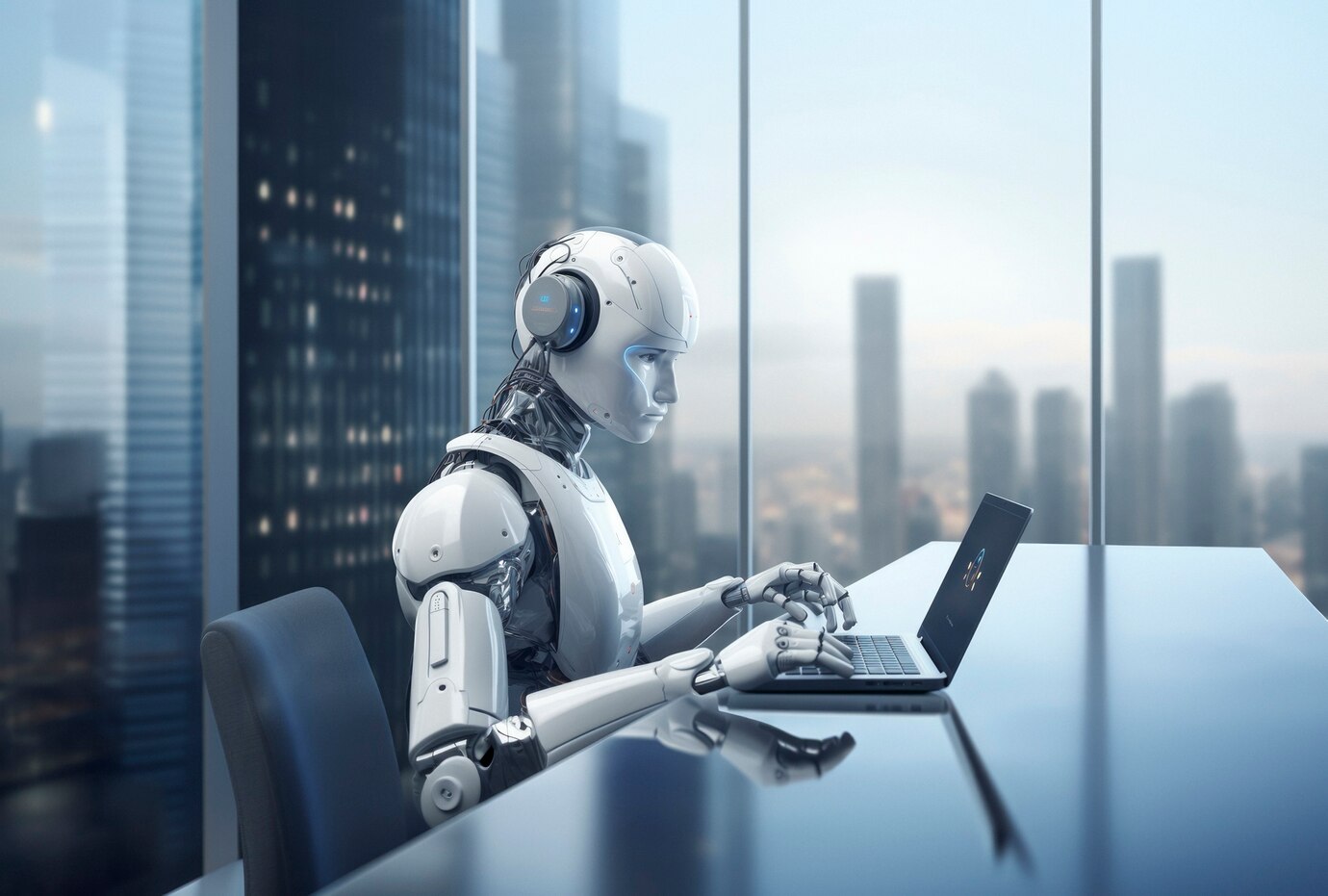

The rapid advancement of artificial intelligence (AI) has sparked discussions about its potential to replace human jobs in various sectors. While AI offers efficiency and innovation, it also raises concerns about the future of employment and the need for workforce adaptation.
"But I must explain to you how all this mistaken idea of denouncing pleasure and praising pain was born and I will give you a complete account of the system, who expound the actual teachings of the great explorer of the truth, the master." Loren Mulari
On the other hand, we denounce with righteous indignation and dislike men who are so beguiled and demoralized by the charms of pleasure of the moment, so blinded by desire, that they cannot foresee the pain and trouble that are bound to ensue; and equal blame belongs to those who fail in their duty through weakness of will, which is the same as saying through shrinking from toil and pain. These cases are perfectly simple and easy to distinguish. In a free hour, when our power of choice is untrammelled and when nothing prevents our being able to do what we like best, every pleasure is to be welcomed and every pain avoided. But in certain circumstances and owing to the claims of duty or the obligations of business it will frequently occur that pleasures have to be repudiated.


The rise of AI presents both challenges and opportunities for society. While it can streamline processes and enhance productivity, it also necessitates careful consideration of its societal impacts and the implementation of policies to ensure equitable outcomes for all individuals.
Blinded by desire, many fail to foresee the consequences of AI's rapid advancement. This underscores the importance of proactive measures to address potential disruptions in the job market and to facilitate the retraining and upskilling of the workforce.